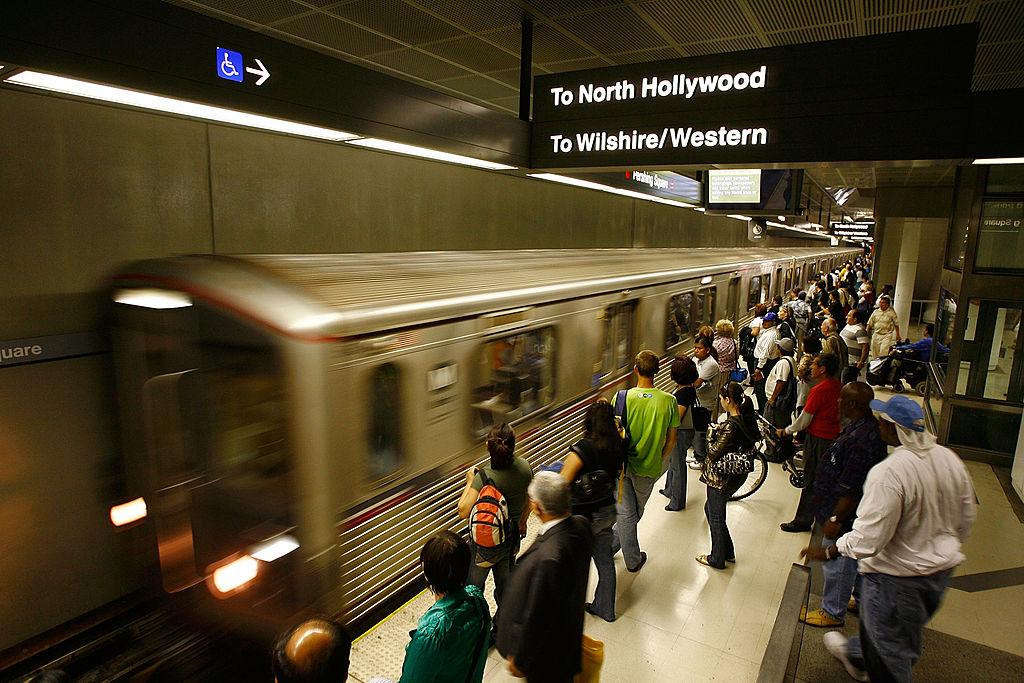LOS ANGELES—The Los Angeles City Council approved recommendations on May 13 from several city departments aimed at strengthening oversight and responding to street harassment on transit systems and public spaces in the city.
Last June, Councilors—led by Council President Nury Martinez, Councilwomen Monica Rodriguez and Nithya Raman, and Councilmen Joe Buscaino, John Lee, and Mitch O'Farrell—ordered recommendations on curtailing street harassment from the chief legislative analyst, the Civil + Human Rights and Equity Department, the Department of Transportation (LADOT), the Bureau of Street Services, the Department of Recreation and Parks and the Personnel Department. It also requested the Los Angeles County Metropolitan Authority to report on past and upcoming efforts to curtail harassment on trains, buses, and transportation stops.





